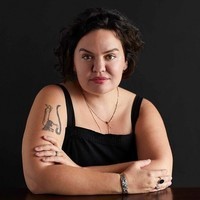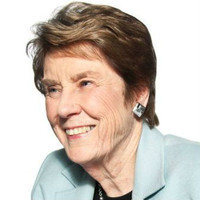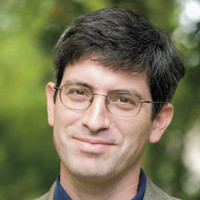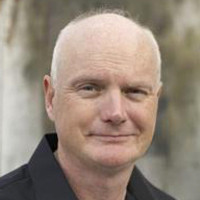Lori Gottlieb is a contributing writer at The Atlantic and the author of Marry Him: The Case for Settling for Mr. Good Enough. Her new book is Maybe You Should Talk to Someone.
“Everything that I had done all coalesced into one thing. As a journalist i was helping people to tell their stories, as a therapist I could help people to edit their stories, to change their stories. I could be immersed in the human condition in both of these things.”
Thanks to Mailchimp, Pitt Writers, Native, and Squarespace for sponsoring this week's episode.















